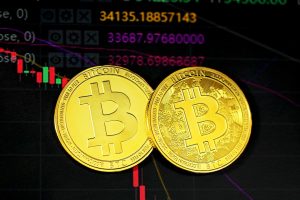Forex trading is a highly volatile market that is open 24 hours a day, five days a week. It is important for traders to stay up-to-date with the latest news and economic events that could affect the currency markets. One reliable tool for this is the Forex calendar, which is a schedule of important economic events and data releases that can impact currency prices. However, there are certain days when it is not advisable to trade, and this article will explore why.
The Forex calendar is a valuable tool for traders to keep track of upcoming events that could affect the markets. These events include announcements from central banks, economic data releases (such as GDP, inflation, and employment figures), political events, and other important news that could impact currency prices. The Forex calendar is usually updated in real-time and is available on many trading platforms, as well as on various financial news websites.
While the Forex calendar can be an excellent guide for traders, there are certain days when it is not recommended to trade. These are typically national holidays, major events such as elections, and other periods of market volatility. Trading during these times can be risky, as liquidity may be low, spreads may be high, and price movements may be unpredictable.
One example of a day when it is not advisable to trade is during national holidays. National holidays can be significant market-moving events, as they can impact the economic activity of a country. For example, if a country’s GDP figures are due to be released on a day when it is celebrating a national holiday, the markets may be closed or have reduced trading hours. This can result in low liquidity and high spreads, making it difficult for traders to execute trades at the desired price.
Another day when it is not recommended to trade is during major political events, such as elections. Political events can have a significant impact on currency prices, as they can influence economic policies and market sentiment. During election periods, traders may be hesitant to take positions, which can result in lower liquidity and higher volatility. This can make it difficult for traders to accurately predict price movements and can increase the risk of losses.
Similarly, periods of market volatility, such as during major news releases or economic data releases, can also be risky times to trade. These events can cause sharp price movements and increase the risk of slippage, where traders may not be able to execute trades at their intended price. It is important for traders to be aware of the potential risks during these times and to use appropriate risk management strategies, such as setting stop-loss orders.
In conclusion, while the Forex calendar is a valuable tool for traders to stay up-to-date with important economic events and news releases, there are certain days when it is not advisable to trade. These include national holidays, major political events, and periods of market volatility. Traders should always exercise caution and use appropriate risk management strategies when trading Forex, and seek to stay informed about any potential risks or market-moving events.





